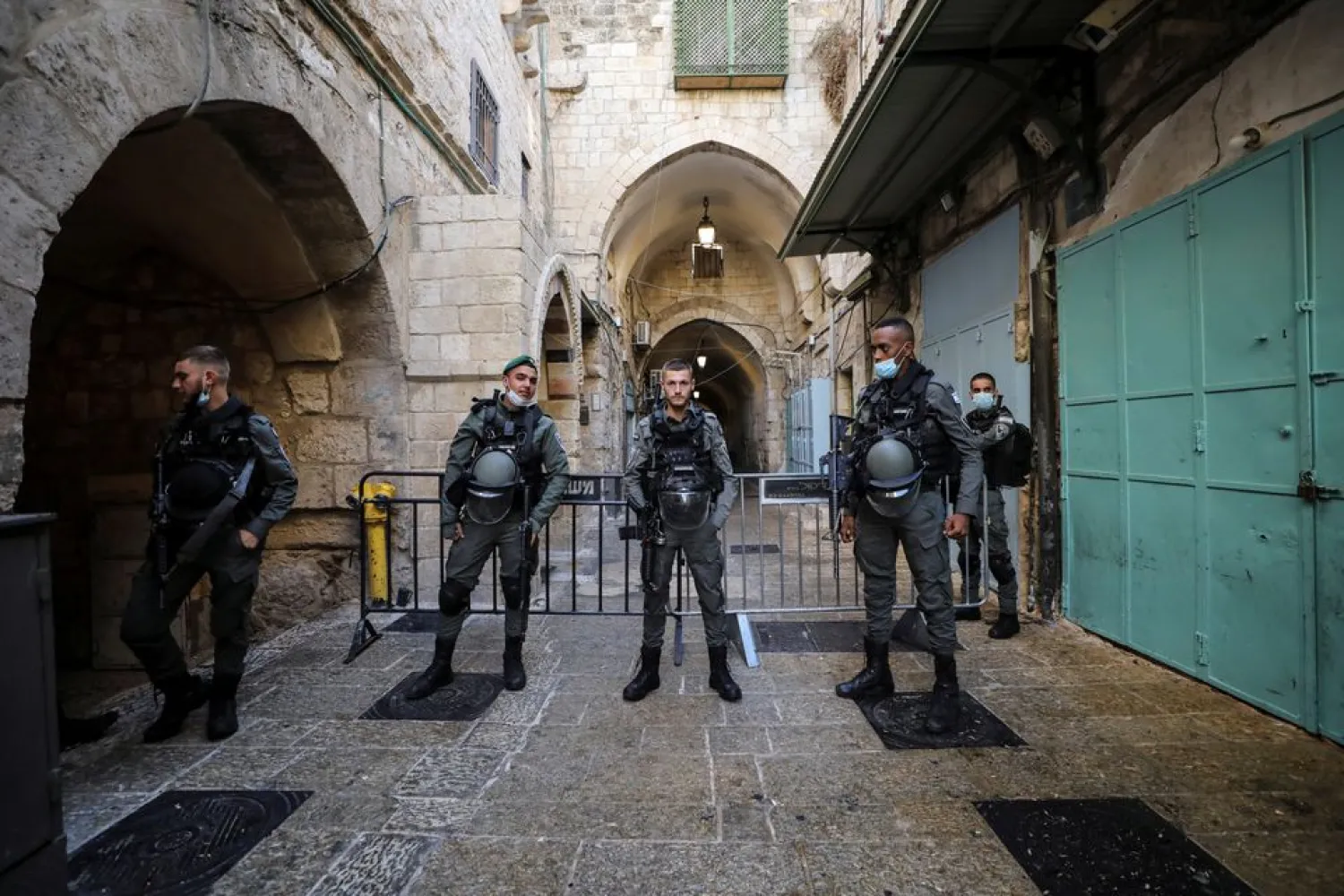Growing cooperation between Mogadishu and Ankara has drawn domestic criticism in Somalia over what some describe as a “one-sided benefit” for Türkiye, prompting Somali authorities to stress that the country’s sovereignty and the rights of its people remain unaffected.
The official denial issued on Friday comes amid tensions between the government and the opposition ahead of pivotal elections later this year.
A Somali affairs expert told Asharq Al-Awsat the move was aimed at containing any potential crisis with Türkiye, which he described as a strategic ally that Mogadishu needs.
He said Ankara was likely to understand the situation and continue its presence in Somalia, given its strategic interests in the Horn of Africa.
Cooperation between Mogadishu and Ankara has appeared more active against the backdrop of the Somali government’s internal disputes with the opposition and following Israel’s recognition of the breakaway region of Somaliland in December.
Somali denial
The Somali National News Agency reported on Friday, citing official sources, that “some social media accounts circulated claims alleging that the Turkish government is unilaterally benefiting from Somalia’s natural and energy resources, particularly the oil sector.”
It added that “these allegations are baseless and fall within disinformation campaigns aimed at distorting facts and undermining the existing cooperation between the two countries.”
Official Somali sources clarified that the joint agreement signed between Turkish Petroleum Corporation (TPAO) and the Somali Petroleum Authority explicitly stipulates that natural resources belong to the Somali people, and that exploration and production operations are conducted in accordance with national legal frameworks and in a manner that safeguards the state’s sovereign interests.
Officials from both the Somali and Turkish sides also stressed that the energy partnership is based on transparency, mutual respect and the preservation of Somalia’s sovereignty.
The remarks come amid a political crisis between the government and the opposition ahead of direct elections this year, a key point of contention.
Less than a week ago, the vessel “Cagri Bey” departed from Türkiye for Somalia, where it will begin offshore oil exploration as part of the implementation of economic and defense cooperation agreements signed by the two governments, the agency reported on Feb. 15.
Somali political analyst Abdulweli Beri said criticism portraying the trajectory of relations between Mogadishu and Ankara as “one-sided” is “not entirely new, but has intensified now for several political and economic reasons.”
He noted that agreements related to oil, gas and minerals are always highly sensitive in any developing country because they concern sovereignty and future wealth. “In the Somali case, any perception that an external party may obtain a large share or long-term privileges automatically raises concerns among elites and the opposition,” he said.
Political polarization
The current debate, Beri said, comes amid political polarization ahead of the elections. “The opposition tends to scrutinize any strategic agreements concluded by the government, which remains more vulnerable to criticism. In the absence of full clarity on some details, this information gap is often filled by political narratives or public concerns.”
He said the official Somali clarifications were intended to contain the accusations and prevent them from affecting cooperation projects, given the need for a strategic alliance with Türkiye.
The statements come amid growing bilateral ties between Somalia and Türkiye, spanning infrastructure, social services, security and investment, within a framework of partnership between two independent states linked by close friendship and cooperation, the Somali National News Agency reported on Friday.
Expanding partnership
Turkish-Somali cooperation is not limited to the energy sector. On Feb. 18, Interior Security Minister Gen. Abdullahi Sheikh Ismail received military equipment for the national police from the Turkish ambassador to Somalia, according to the agency.
On Feb. 10, the Somali Communications Authority signed a memorandum of understanding with Türkiye’s Information and Communication Technologies Authority to enhance cooperation in the field of electronic communications, the same source said.
On Jan. 28, Somalia and Türkiye marked the 60th anniversary of diplomatic relations at a ceremony organized by the Embassy of the Federal Republic of Somalia in Ankara, the Turkish capital.
Beri said Somalia would remain keen to preserve and continue this cooperation and to provide ongoing clarifications, though they should be more detailed to dispel the accusations. He added that Ankara was likely to understand this and maintain its presence in Somalia, viewing it as strategic to its interests in the Horn of Africa.









